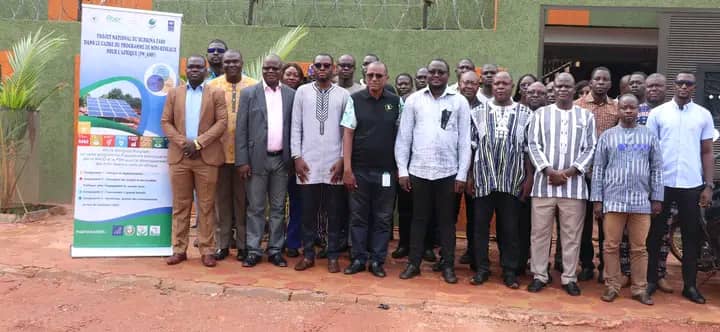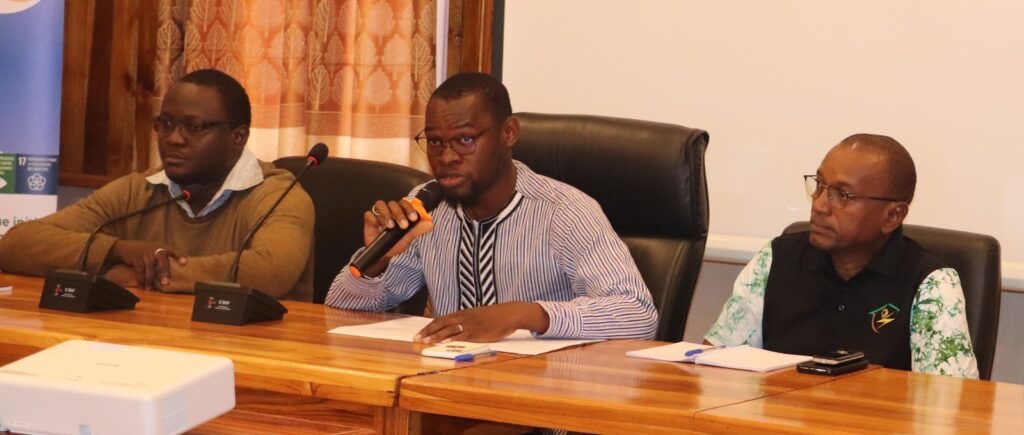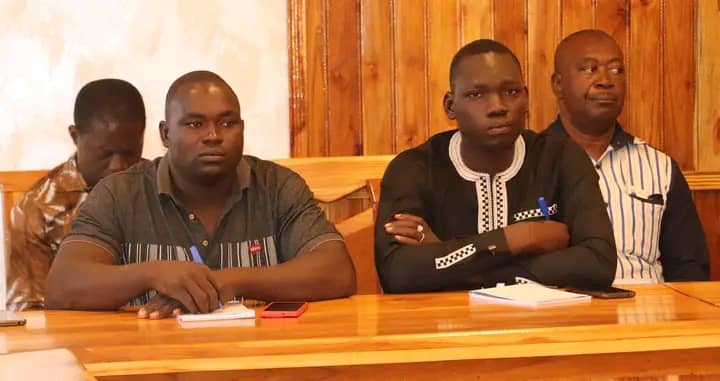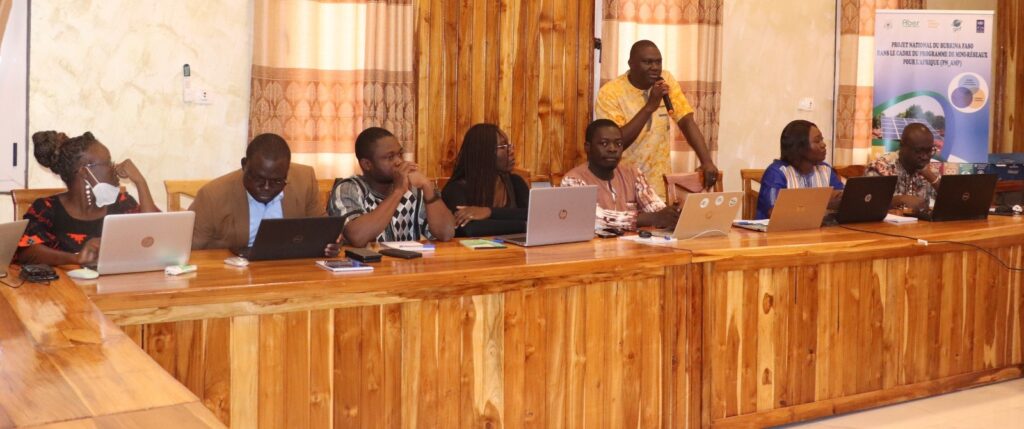
Participation of FRES Burkina Faso in a Strategic Workshop in Koudougou on Waste Management and Recycling of Mini Gids.
From August 20 to 22, 2024, Edmond Sima Sereme, FRES Burkina Faso’s collection manager, participated in a workshop on “Standardized Procedures for Managing Waste from Mini-Grids and Mandatory Recycling for the Benefit of Local Mini-Grid Operators (OLM) and Institutional Actors.” This workshop was initiated as part of the implementation of Component 1: “Policy and Regulation” of the National Project “Africa Minigrids Program” (PN_AMP). According to Mr. Éric BERE, Regional Director of Energy in Burkina Faso, the workshop aims to provide a framework for reflection, anticipation, and coordinated actions among stakeholders. He noted that during the implementation period of the National Rural Electrification Strategy (SNER) 2024-2028, the Ministry of Energy plans to establish at least 700 solar mini-grids across the national territory.
How to collect waste? How to sort by category? How to add value? What is the typology of waste associated with the installations of mini solar PV networks and their level of hazard? What strategies has the government of Burkina Faso implemented to minimize the impact of this waste? These are some fundamental questions that have been answered over the three days of training.
According to a study conducted in 2023, by 2035, waste from solar panels, mainly consisting of glass, aluminum, plastics, silicon, and silver/copper, is expected to reach approximately 13,668.45 tons per year. Of this amount, the annual recyclable average will be about 12,985.02 tons and 683.42 tons of waste. Each ton recycled is equivalent to saving 1.2 tons of CO2, resulting in an average annual saving of 17,606.61 tons of CO2.
As part of our responsibility towards the environment and our commitment to providing sustainable energy services to our clients, the preservation of the ecosystem and responsible waste management are of crucial importance. We continuously strive to improve our environmental policies, and this workshop has contributed significantly to that goal.
The workshop was organized by Agence Burkinabè de l’Electrification Rurale (ABER), L’Agence Nationale des Energies Renouvelables et de l’Efficacité (ANEREE) and the Africa Minigrid Program which is funded by the Global Environment Facility (GEF) and implemented by UNDP in partnership with RMI (founded as Rocky Mountain Institute) and the African Development Bank (AfDB).


